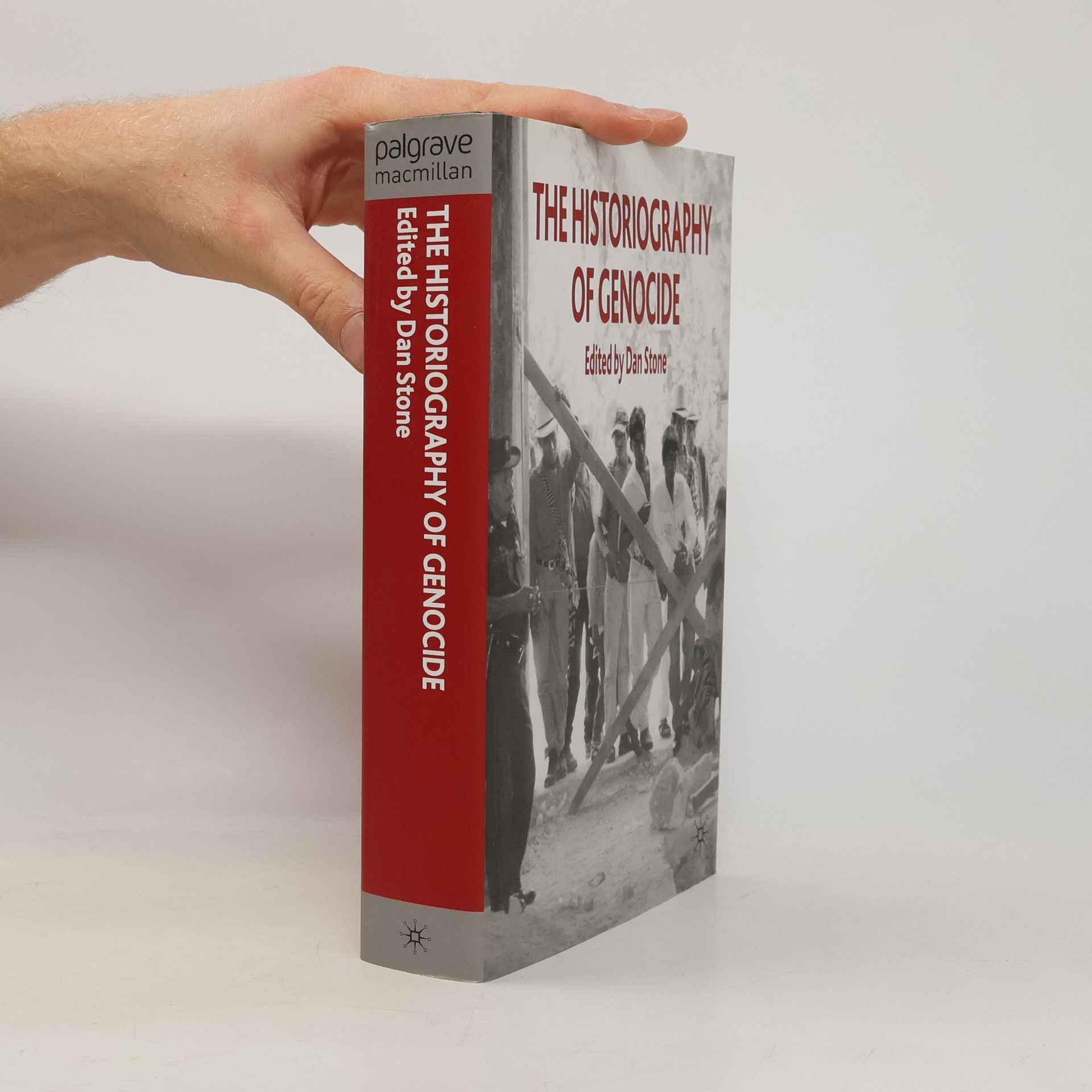"This book provides a bold examination of the political use of history in contemporary Russia. Anton Weiss-Wendt argues that history is yet another discipline misappropriated by the Kremlin for the purpose of rallying the population"--Back cover
Anton Weiss-Wendt Livres
27 mai 1973


The Historiography of Genocide
- 655pages
- 23 heures de lecture
The Historiography of Genocide is an indispensable guide to the development of the emerging discipline of genocide studies and the only available assessment of the historical literature pertaining to genocides.